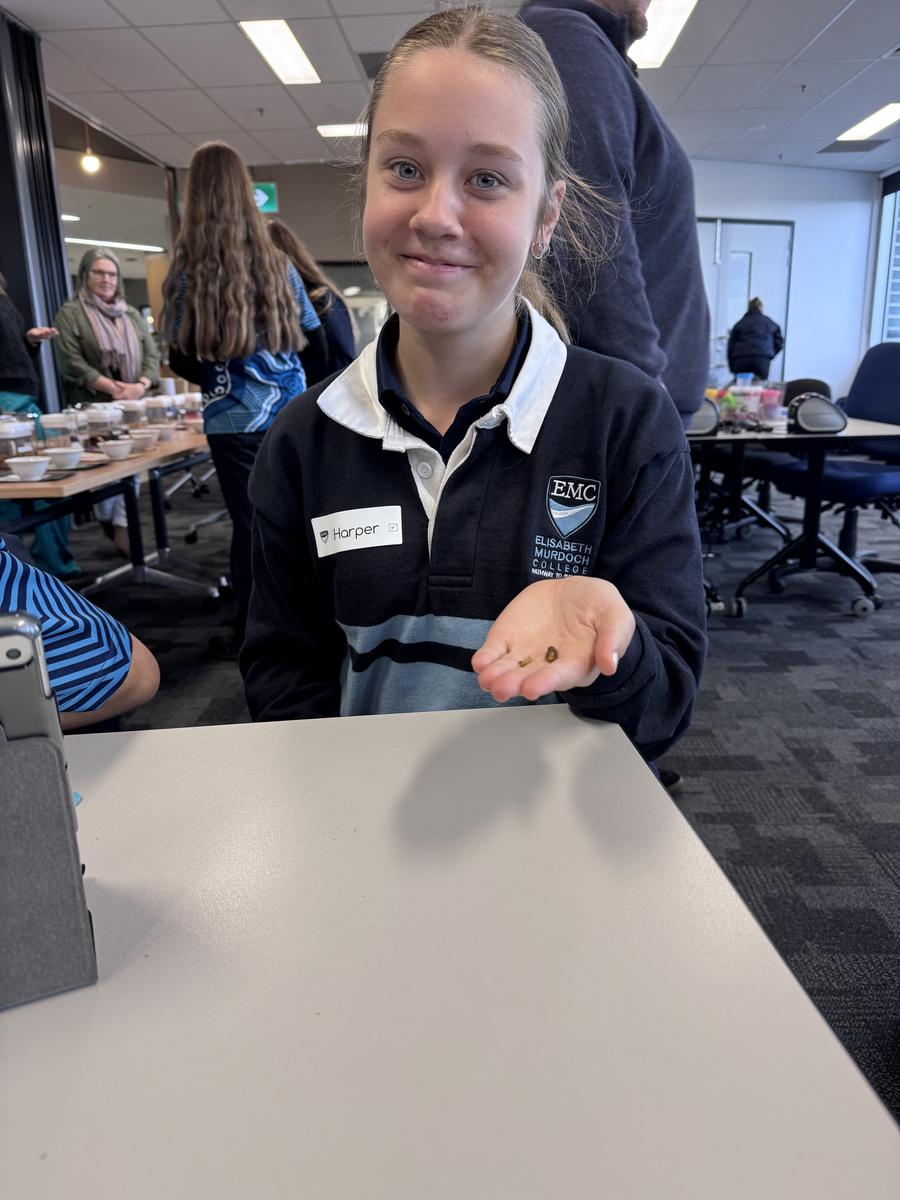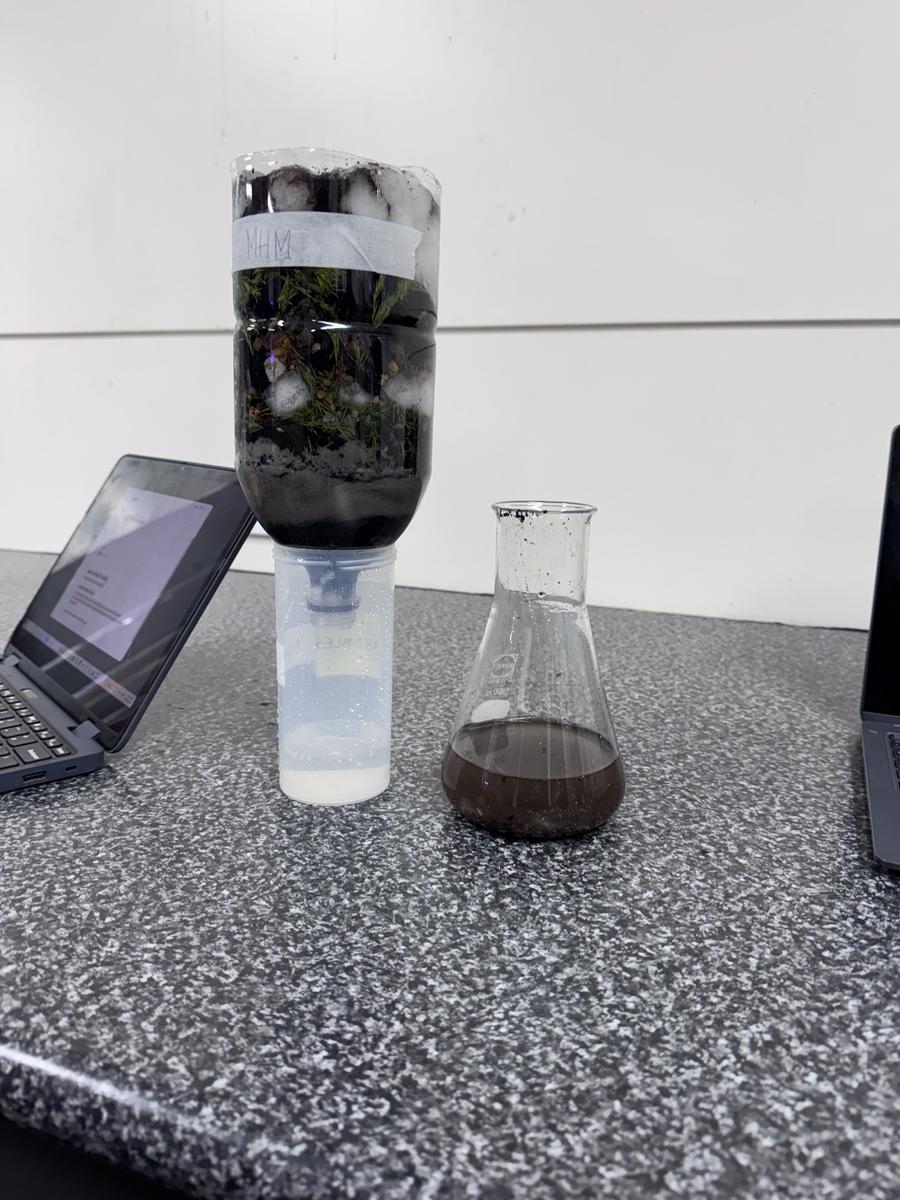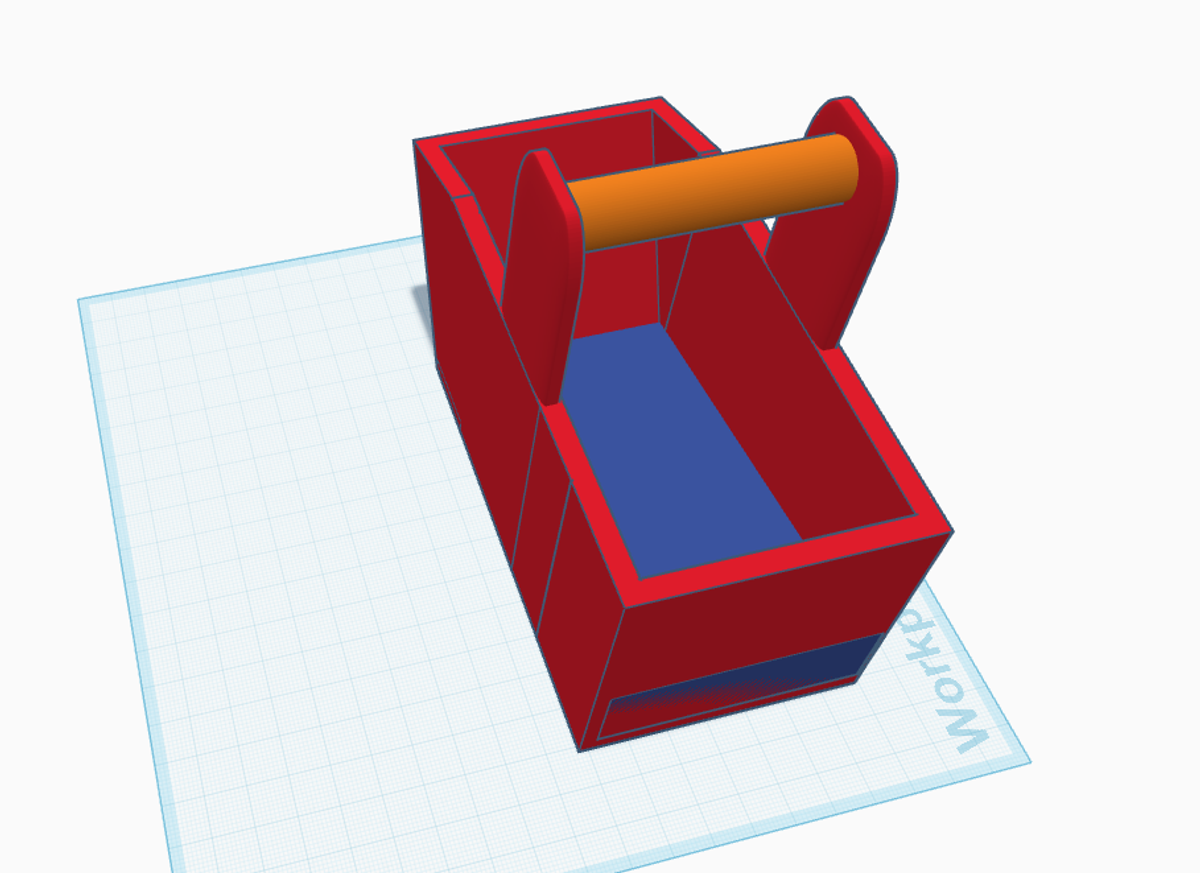STEM: Innovator's Hub
An Experience-Based Learning Program

STEM: Innovator's Hub
An Experience-Based Learning Program
On June 16, Year 7 students visited Frankston Tech School for a creative design-thinking workshop. Like the Year 8 cohort, they explored the process of themed chocolate making using custom 3D moulds. This engaging task connected design principles with chemistry and food science in a fun, interactive way.


Back at school, students have transitioned into architectural problem-solving using Minecraft Education Edition. They are designing sustainable buildings and learning about environmental considerations, structural integrity, and spatial planning while developing computational thinking and digital literacy.
The Year 8 students took on a sustainability challenge by building their own water filtration systems. Using recycled plastic bottles, activated carbon, sand, pebbles, and rosemary leaves, all sourced from the school where they investigated how natural materials can purify water. Using TDS (Total Dissolved Solids) meters, students measured impure water readings as high as 999 PPM, and successfully reduced them to 87–148 PPM. This experiment demonstrated the significance of activated carbon and helped students understand how nature-inspired solutions can support clean water access worldwide.


Our new semester of Year 9 iSTEM began with excitement as students conducted the elephant toothpaste experiment, a spectacular chemical reaction that introduced them to catalytic processes in a memorable way. Students are now building skills in 3D design using Tinkercad, learning how to create digital prototypes with precision and creativity. They are also getting hands-on with 3D printing, bringing their ideas to life as they prepare for more complex engineering and design challenges in Terms 3 and 4.


A brand new subject for 2025, Technical Science at Year 10 level focuses on applied science and engineering principles. After studying the global impact of microplastics, students are now working on creating bioplastics using agar gel as a sustainable alternative. Guided by Mr Edmonds, students are exploring how we can replace non-recyclable plastics with biodegradable materials, combining scientific research with creative thinking to solve modern environmental challenges.